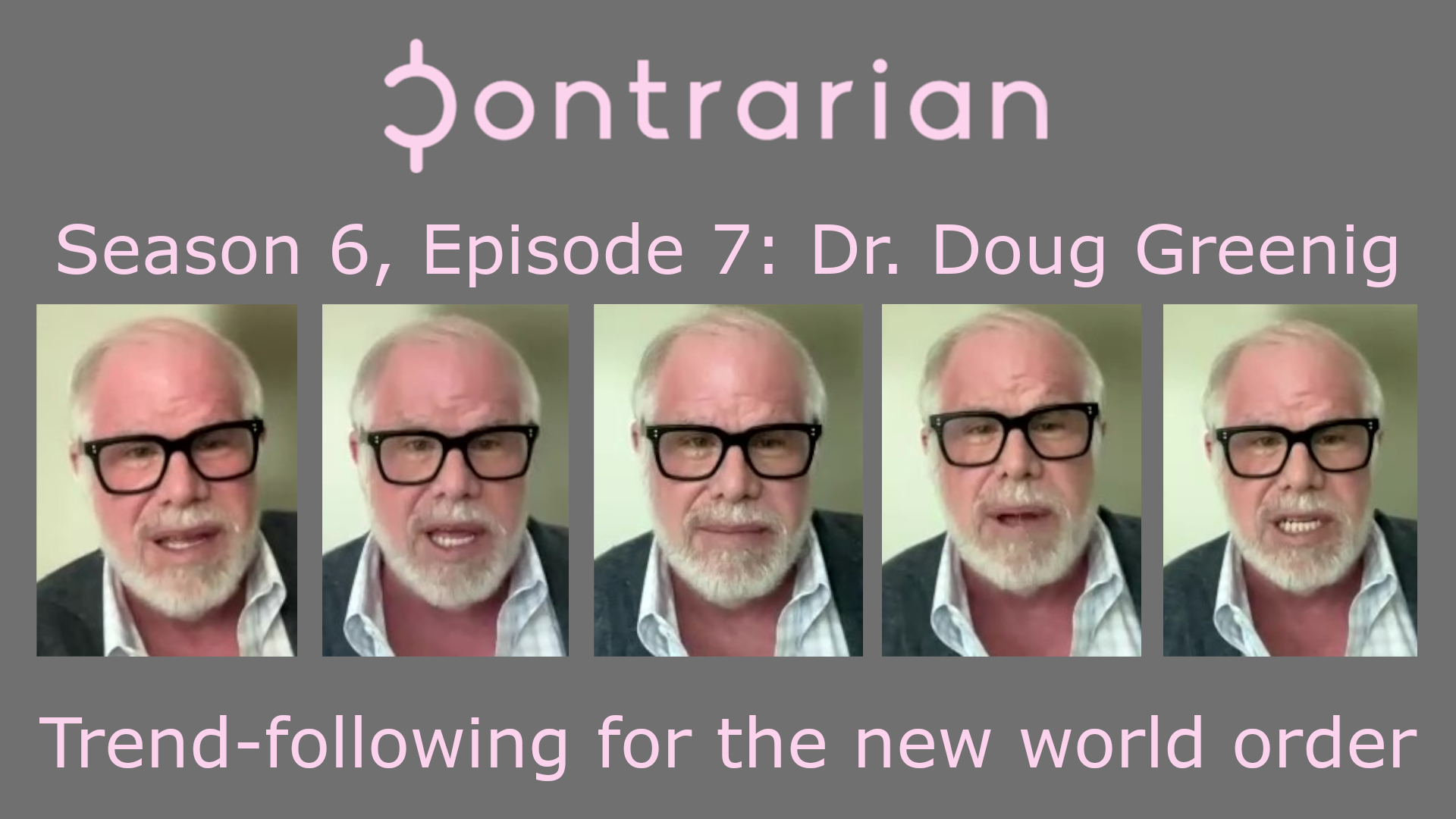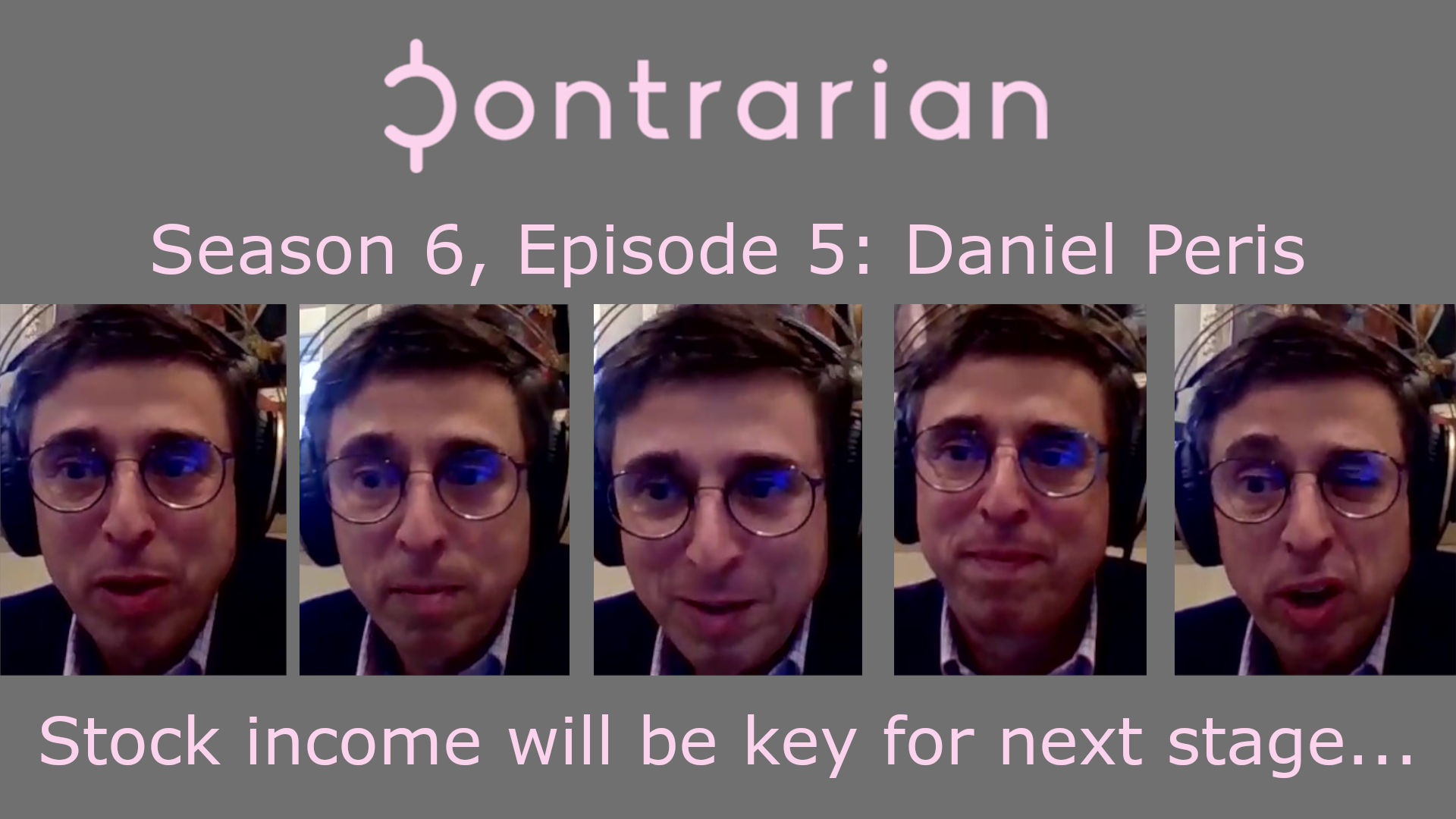With Mike Blyth, Sigma 7
Dr. Mike Blyth of risk services company Sigma7, joins the podcast to discuss ‘unknown unknowns’ facing next week’s US election.
Blyth is a career national security professional, having worked for US and British civil and military operations globally.
This podcast episode was recorded on Oct. 30, 2024 and was made available to premium subscribers that day. To learn about premium subscription options, visit our Substack.
Content Highlights
- Background on the guest and why he is qualified to speak of all things national and international security (1:42);
- Main concerns entering the election. External and internal agitators have raised the risk of political violence (4:57);
- Gaming out the various scenarios. Almost all involve violence, especially if former President Donald Trump is not elected (7:26);
- The narrative on social media and elsewhere is consistent with what typically presages violence. “It’s a tinderbox. We’re waiting for the flame to be lit” (11:26);
- What parts of the economy might be most at risk and which might be more resilient (16:49);
- What about geopolitical risks? (20:42).
For more about the guest, visit the website S7risk.com.


